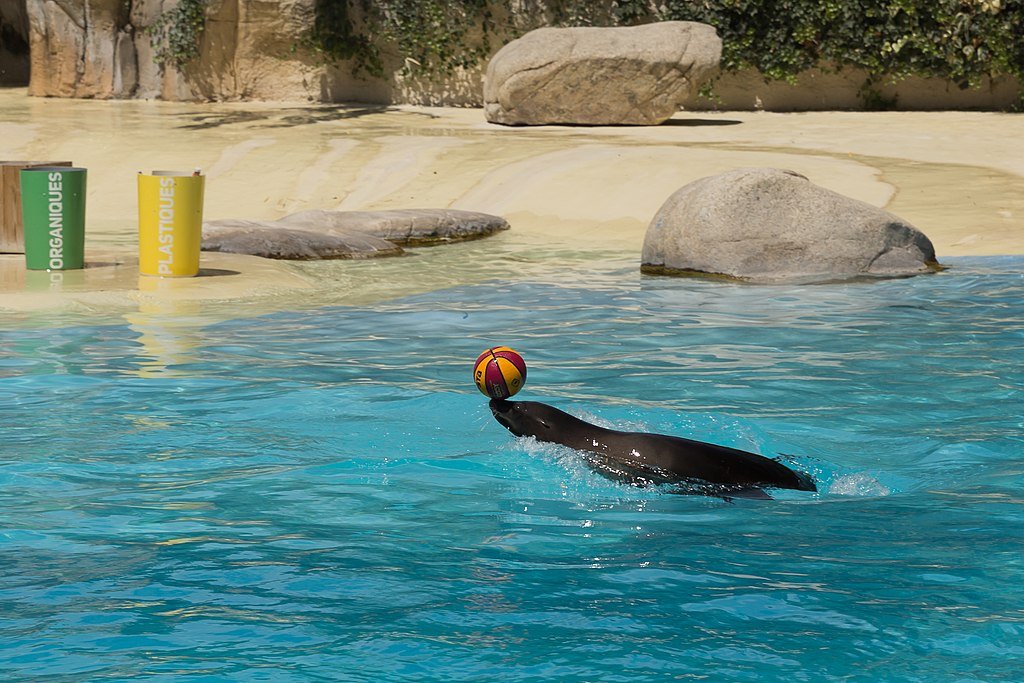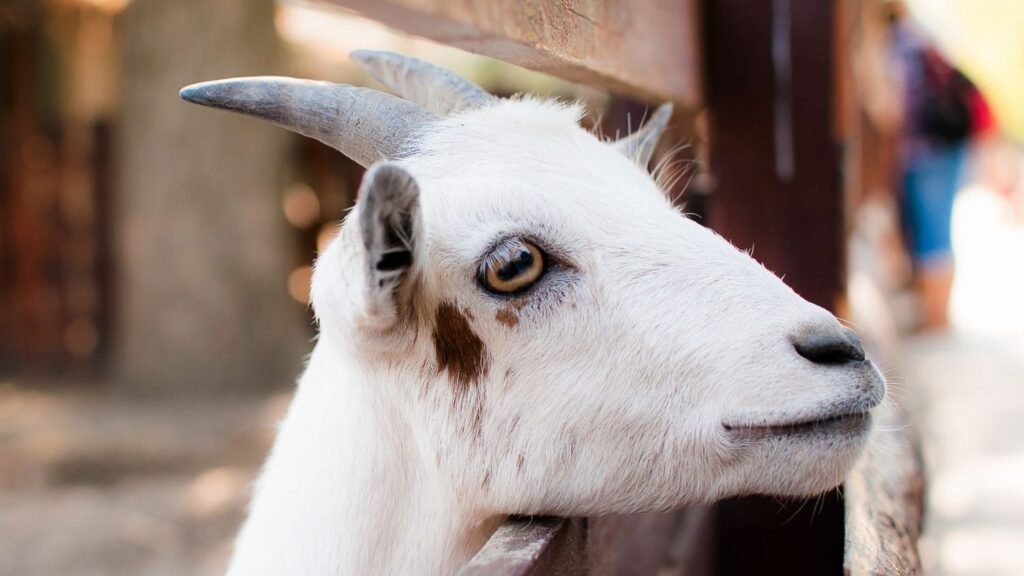California sea lion Ronan has once again stunned scientists with her ability to keep a beat. First recognized in 2013 for her rhythmic precision, Ronan’s latest encore performance proves that her timing rivals—and even surpasses—that of humans.
How Ronan Mastered Beat Synchronization

Unlike most animals, Ronan can adjust her head-bobbing to different tempos, demonstrating rhythmic flexibility typically seen only in vocal-learning species. Researchers at UC Santa Cruz’s Long Marine Laboratory trained her using a reward system, confirming she could synchronize to unfamiliar beats after minimal exposure.
Comparing Ronan’s Precision to Humans
In a new study, researchers tested Ronan’s synchronization against human participants. At 120 beats per minute, her accuracy measured within 15 milliseconds of the beat, a level of precision exceeding typical human timing. Her beat-to-beat consistency remained within a tenth of an eyeblink, highlighting her advanced rhythmic perception.
Implications for Rhythmic Cognition in Animals
Ronan’s success challenges the assumption that only vocal-learning species—like parrots and humans—possess rhythmic abilities. Her ability to lock onto a beat suggests that rhythm perception may be more widely distributed across the animal kingdom than previously thought.
Conclusion

Ronan’s extraordinary sense of rhythm proves that beat synchronization is not exclusive to vocal-learning animals. Her ongoing performances pave the way for further research into the neurological basis of rhythm perception, potentially expanding our understanding of cognition across different species.
Source:





